This blog is the second in a series explaining the different components of TheICEway ecosystem. You can read the first, “Guinness, hard work and integrity“ about how it all started here.
Building an expert consultancy team requires a lot of flexibility, a huge amount of investment and an appetite for risk. So why did we do it?
Pretty early on after setting up ICE, we decided to build a consultancy team that specialised in our travel technology and maritime domain expertise. This decision was based on the realisation that there is a significant lack of quality consultant resource with a technology background that really understand the travel industry.
Also we felt that travel companies take on inherent risks in skilling up business critical projects using independent contractor resources.
The One Man Band Issue
Most already established travel technology consultants are individual ex employees of travel companies that have set up on their own after a career in a specific area of travel technology and are specialised in a specific area.
If a travel or cruise company has a specific resource need for a project then they might hire an independent contractor to add specialist knowledge and experience to their project.
This approach has three main risks:
- The Red Bus Theory - What happens if this person gets hit by a bus? Reliance on a single person for bringing knowledge to a business critical project means you could be increasing the risk of failure if the individual becomes unavailable for any unforeseen reason.
- Increased Cost - Most contracts are based on 100 % capacity for the length of the project which does not allow for periods where the contractor is only required at a lesser capacity.
- Limitation of Capacity - how does a single person ramp up when more effort that 100% is required and what do they do when they encounter a situation outside of their skill set?
“Why should a company already risking their business in a major transformation project take on additional risk?
The answer is they shouldn't have to if we take on that risk for them.
Conor and I had the idea of solving these challenges by building a multi-disciplinary business consultancy team which could back each other up by “shadow consulting “ and would also be supported by our 24/7 managed service and infrastructure teams.
Building A Consultant
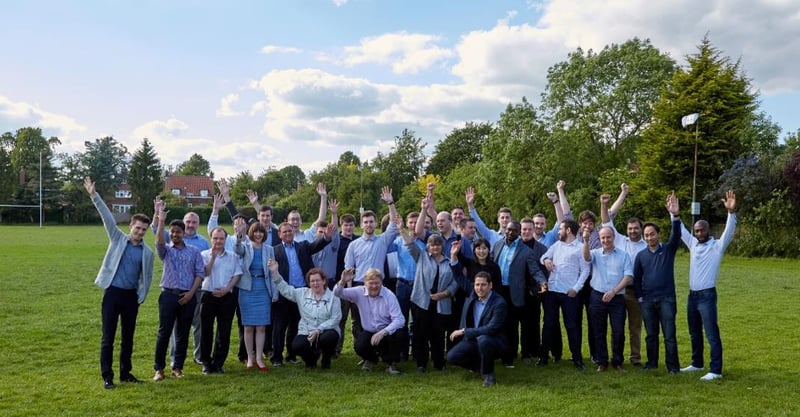
So what is our approach for building a fully fledged ICE consultant and reducing risk for our clients?
Step 1 - The Hiring Process
The first and most important principle that we have always stuck by is to hire based on a person's attitude and not necessarily their previous skills. Obviously all our team has previous experience in the travel or cruise industry so they all had a good foundation of domain business knowledge.
The person is also more important than their location. Not all our consultants are based in the UK. They are spread across the globe from the US to Australia and in different countries in Europe. This requires flexibility and an ability to work virtually. Fortunately, being an IT company technology is not an issue but virtual teams require a special culture to ensure they communicate well and remain close.
Step 2- Foundation Training
The first step when a consultant joins is to ensure they become certified in the basic fundamental aspects of their role. We invest in them by ensuring they complete courses in project management, process mapping, workshop management as standard and a whole host of other course if relevant to their specific role such as test management, enterprise architecture, software design and integration architecture.
Step 3 - Vertical Business Training
We are very fortunate to have some amazing relationships with our clients. One of the reciprocal agreements we make is to offer our trainee consultants for free to our existing clients to use in their business for any purpose for a period of time ranging from a few weeks to a few months.
The only thing we ask in return is that the trainee consultant works for a period in every part of the business so that they get to see how every part of the business work and interact. We normally expect that a trainee completes a minimum of 3 separate secondments across a range of our client base and we work out how quickly and individual and pick up new concepts.
At the end of each secondment we ask the trainee to write a business improvement report on the client which provides a summary of their time in the client’s business and what suggested improvement opportunities they believe could be implements along with business cases for each.
Step 4 - Shadow Consulting
The final and possibly most important step is continuous shadow consulting. For which we have a separate article here. This approach is about reducing risk to the client and improving knowledge transfer. ICE always provide at least two consultants on every project despite our clients only paying for one.
The shadow consultant supports the lead consultant by scribing during workshops, assisting in writing up documents and adding a second set of eyes and experience. This allows us to deliver much quicker than if an individual consultant is working alone and also protects the client's project in case the schedule changes or of the lead becomes unavailable through illness for example.
A Worthwhile Investment
This whole onboarding process can take up to two years which is a huge investment on our part but we feel it is the key to our success in developing well rounded and experienced consultants. Our clients receive the benefit from this investment by having the peace of mind that not only will they will be bringing an experienced resource but that they are backed up by an equally strong multidisciplinary team of like minded people.
Over the years our consulting team has offered vendor independent advice in helping customers in choosing the right technology through requirements gathering, managing RFP processes, business process optimisation and technology implementation for travel and cruise businesses everywhere in the world. They offer huge value because they understand our clients business and they are able offer end to end digital solutions as part of TheICEway ecosystem.





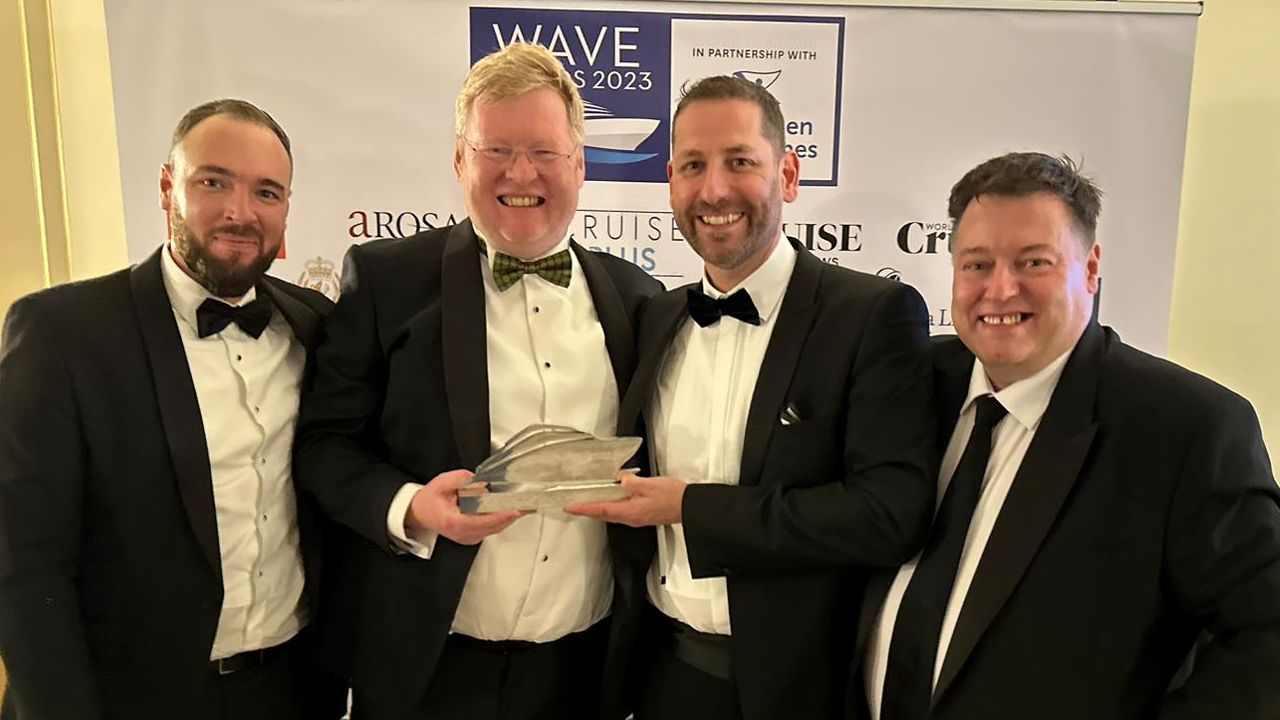
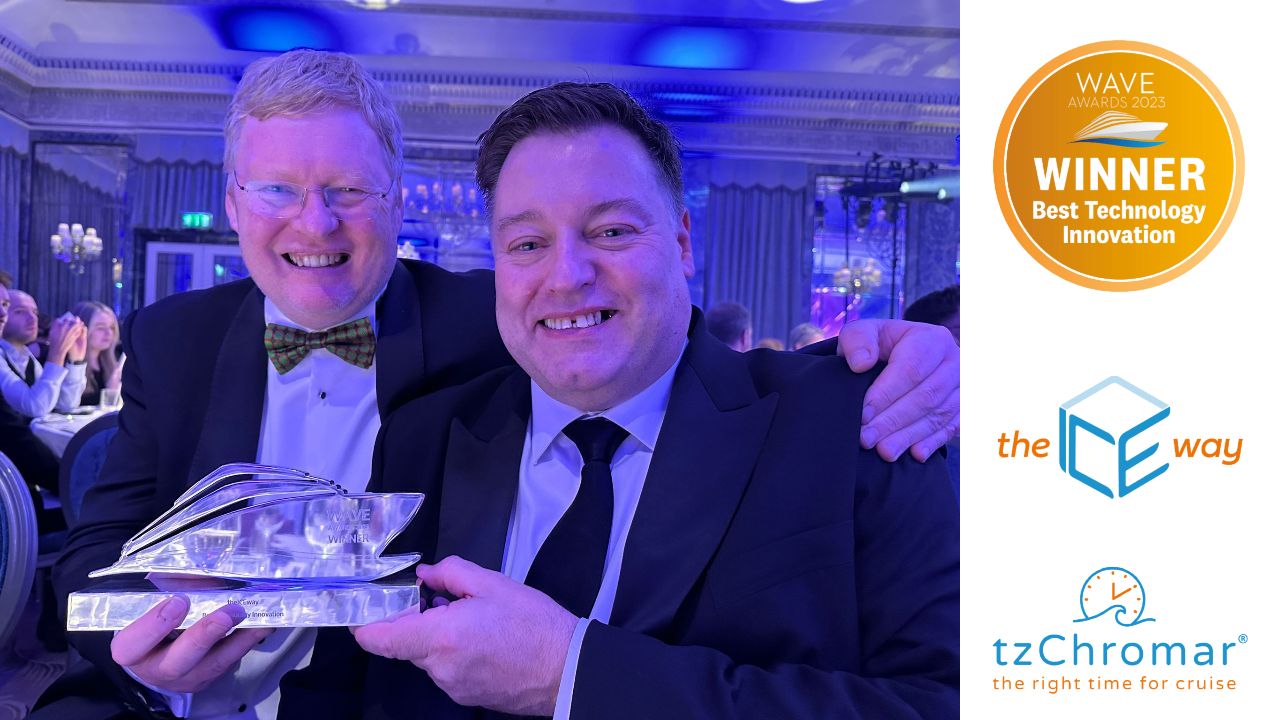
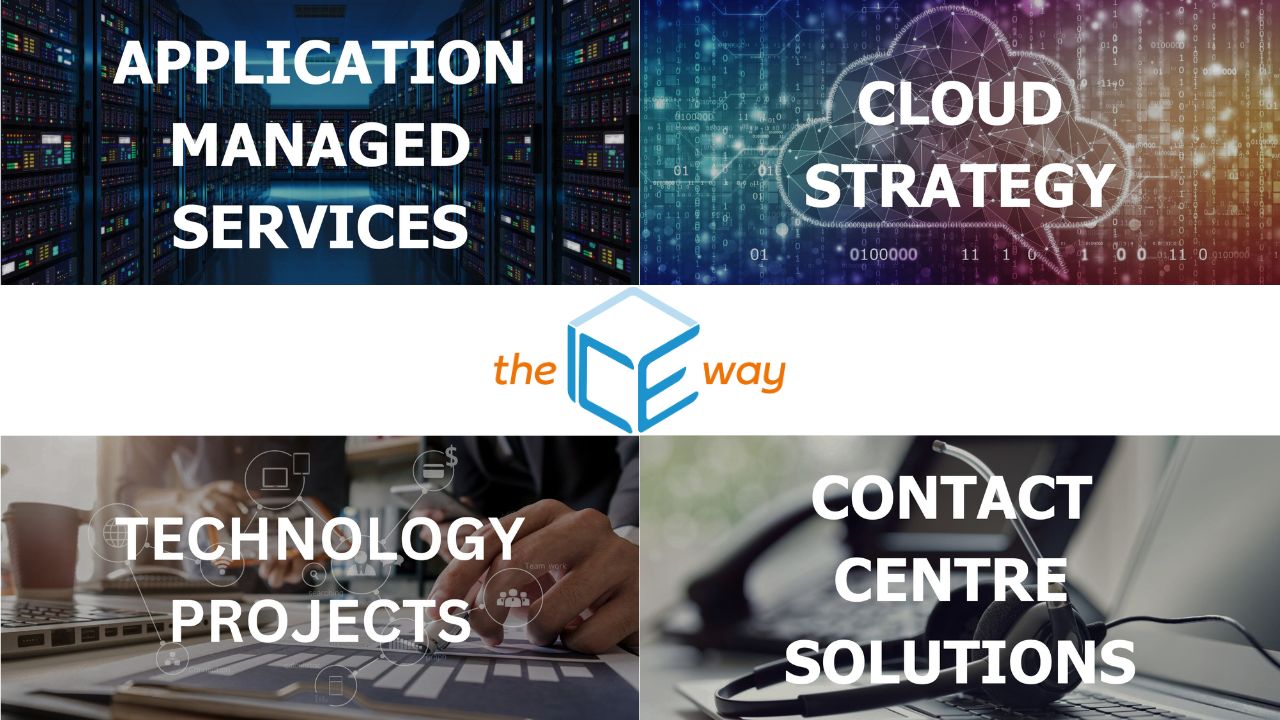
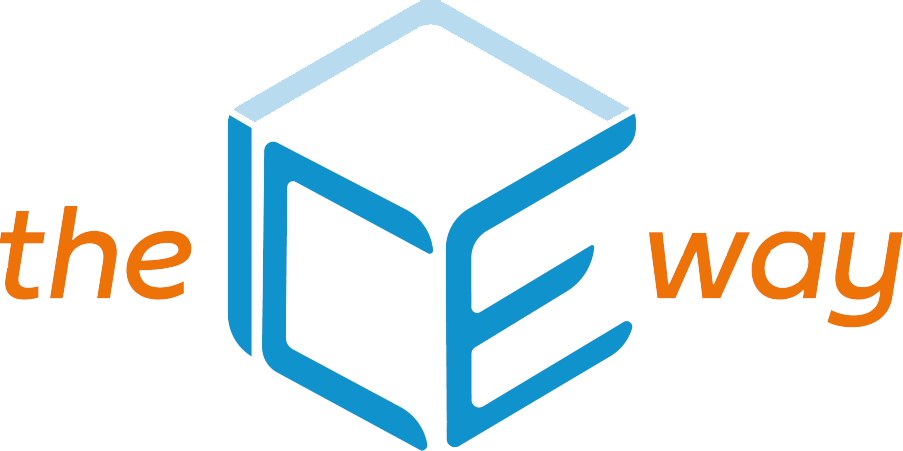



Leave a Comment